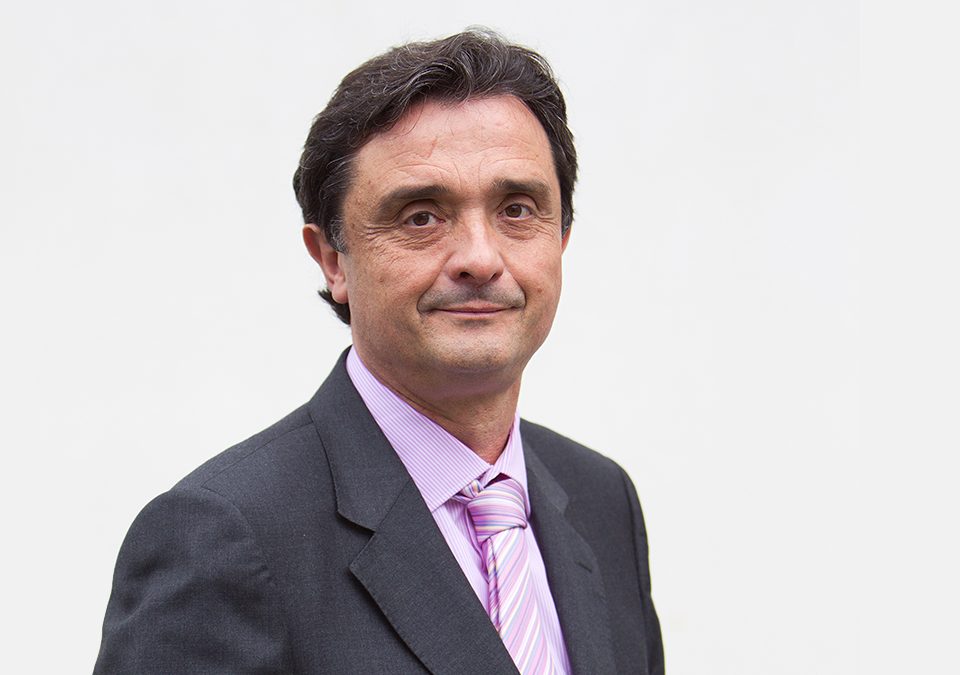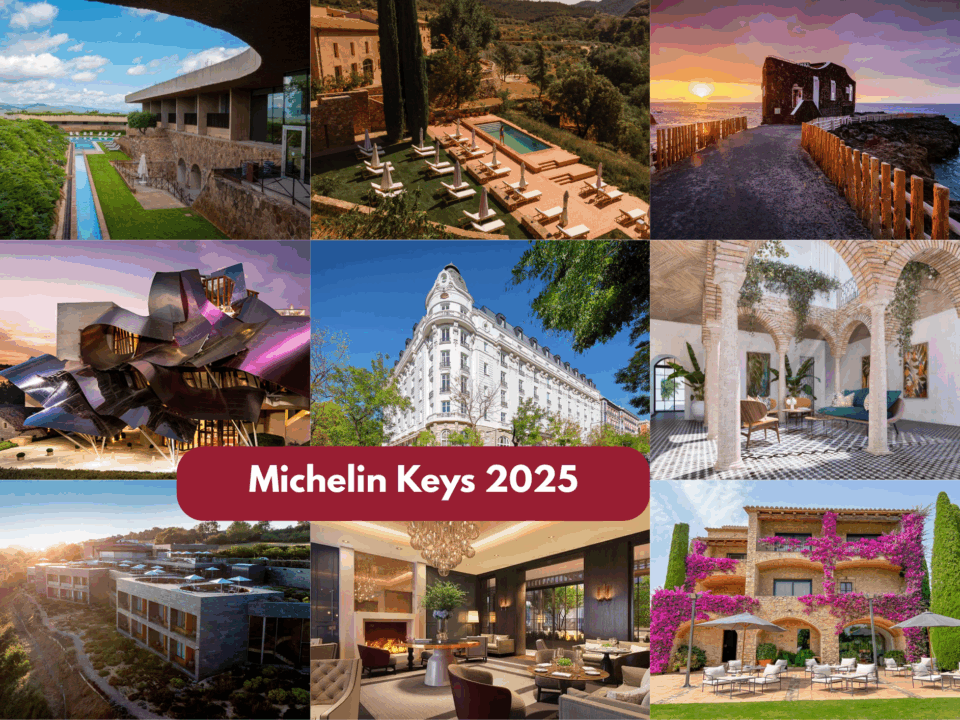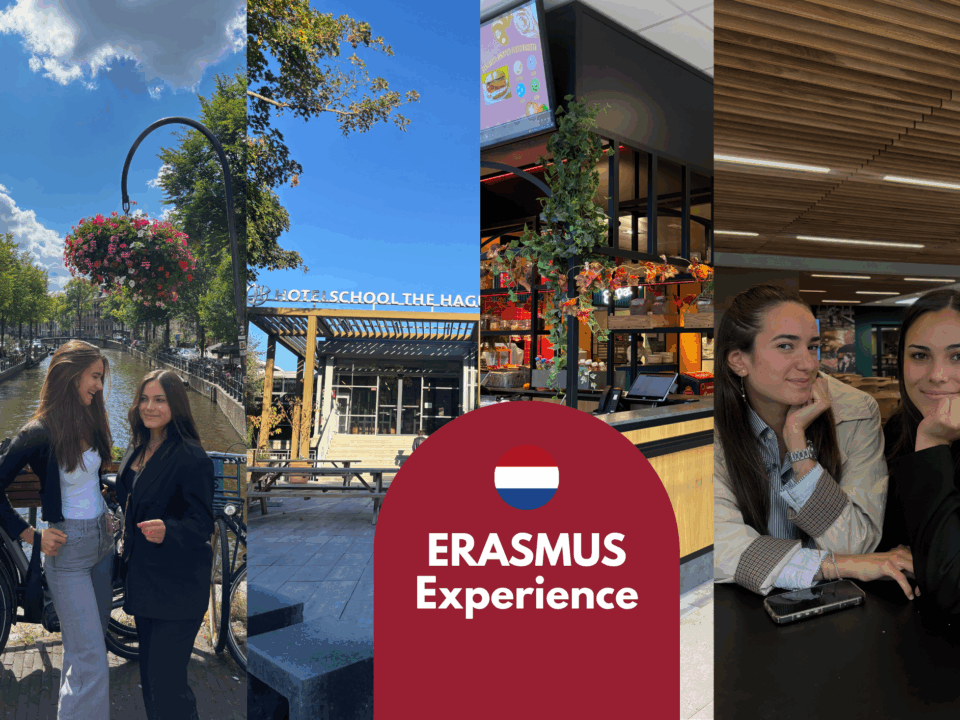
“Increasing the efficiency of the business in the HORECA channel is going to be a fundamental issue”
7 April, 2020
“Working in a fine dining two Michelin star restaurant is intense but it’s definitely rewarding”
9 April, 2020Benet Maimí is responsible for the Institutional Relations for the National Employment Promotion (Fomento del Trabajo Nacional), the Catalan employers’ association that brings together SMEs, self-employed and large companies. His training and experience in the field of tourism, as well as the relations he maintains as a member of Fomento del Trabajo with companies and public administrations at different levels, offers him a broad vision of the situation in which companies in the tourism sector find themselves in the face of the coronavirus crisis.
Which is the impact of COVID-19 at an economic and structural level on companies in the tourism and HORECA sector?
We have found ourselves in a paradoxical situation: we have gone from a scenario in which the administration tried to increase tourism rates because it was a growing and profitable sector; to a scenario in which the administration will have to inject many millions into travel agencies, hotel chains, tour operators, etc. So that they don’t have to close down and can continue to provide jobs when the situation recovers.
Therefore, in the tourism sector the impact is brutal. With the 2007 crisis, for example, when there was a real estate bubble; the tourism sector was the engine that pulled the Catalan and also the Spanish economy. But in this case, the tourism sector is the most affected, we already had a scare with the fall of the English tour operator Thomas Cook, the Mobile World Congress being cancelled, and now it has fell down Barcelona and every destination since the lockdown is total, the travel agencies, the hotels, the restaurants all of them are affected. As a result of all this, the wine sector and all the sectors supplying the tourist industry have also fallen.
The point is that there is no magic solution: I think that the tourism sector has to bear the brunt to get back to work, to take advantage of the mechanisms that the different administrations are giving them
What do you think will be the new scenarios that can be opened in the market once the quarantine is over?
First of all, there will be a change in habits, we are now in a health crisis and then this will lead into an economic crisis and after a psychological and social crisis. Nothing will be the same as before and we will change in many things: behavioural habits, teleworking (which we have now discovered in a hurry), respect for the environment and we will return again to everything being of proximity and km0 to be, somehow, not so dependent. I believe that all this will also have a positive side for the improvement of society and obviously, the madness that existed for travelling will be reconsidered.
What would you recommend to employers?
The point is that there is no magic solution. I think that the tourism sector has to bear the brunt to get back to work, to take advantage of the mechanisms that the different administrations are giving them, in terms of employment, finance and taxation.
There is uncertainty about what will happen next, when we will start travelling again, to which destinations … The tourism sector is completely paralysed and this has never happened before. This 2020 for the tourism sector will no longer exist. Therefore, we will have to start looking for strategies for the 2021 season. The recovery of tourism in Catalonia and Spain will not be seen until 2021.
This summer, internal and proximity tourism will take over
Do you venture to draw an immediate scenario for tourism?
This summer, for example, internal and proximity tourism will take over. I believe that nature and mountain tourism will be the main focus, as well as slow life.
Obviously, people will prioritise individual transport rather than public transport: they will go by private car and avoid taking buses or planes, people will not want to travel with more people. Another important thing to see is how insurances will behave depending on the destination for those who dare to go further.
I also think that virtual destinations or complements to virtual destinations will start to appear. For example, visits to museums, visits to cities… If virtual tourism can provide these pleasures, I think it can displace physical tourism.






